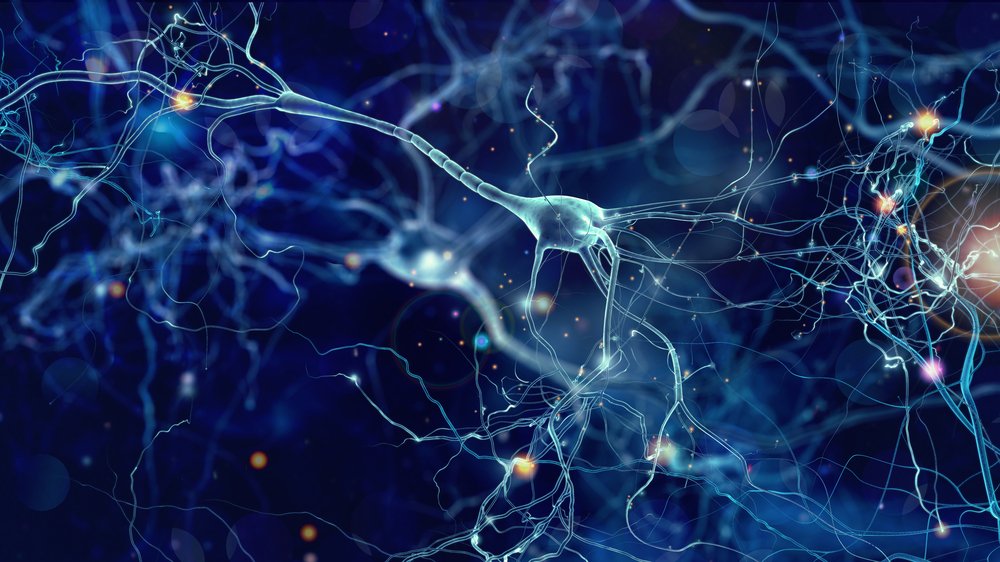Increasing Dok-7 Protein Levels May Improve ALS Patients’ Muscle Function, Study Reports
Written by |

Increasing the production of the muscle protein Dok-7 may be a way to treat the muscle weakness in ALS, a Japanese study reports.
The research, “DOK7 genes therapy enhances motor activity and life span in ALS model mice,” was published in the journal EMBO Molecular Medicine.
A hallmark of amyotrophic lateral sclerosis is loss of neuromuscular junctions, or connections between neurons — or nerve cells — and muscles. This communication is crucial for muscular activity, including walking, jumping, eating, and breathing.
Previous research has shown that Dok-7 is an essential player in the formation of neuromuscular junctions. It has also shown that mutations of the gene that produces the protein lead to DOK7 myasthenia, a disease that affects neuromuscular joint structure.
Yuji Yamanashi’s team demonstrated that increasing the production of the human version of DOK7 stopped the degeneration of motor nerve terminals and slowed muscle atrophy in mice with ALS.
“Our data indicate that DOK7 gene therapy suppressed NMJ [neuromuscular junction] defects and muscle atrophy in ALS mice” at 30 days after treatment, the researchers wrote.
Importantly, the gene therapy not only improved the mice’s ALS symptoms, but also lengthened their lives. Mice that had the therapy lived around 166 days, versus 154 in the untreated mice.
“This therapy also prolonged duration of survival after ALS onset” to about 64 days, compared with 50 for the untreated mice.
Together, the results support the notion of developing DOK7 gene therapies to treat movement neuron loss and muscle weakness associated with ALS.
“This study originates from a finding in basic, biological research, which had no particular disorder as a target,” Yamanashi said in a news release. A number of collaborators in basic and medical research took part in the effort, which was supported with multiple public grants, he said.
“Acknowledging the huge contributions of our collaborators and supporters, we would like to do our best to understand the causes of ALS and other intractable disorders, with the aim of developing effective therapies,” he said.





